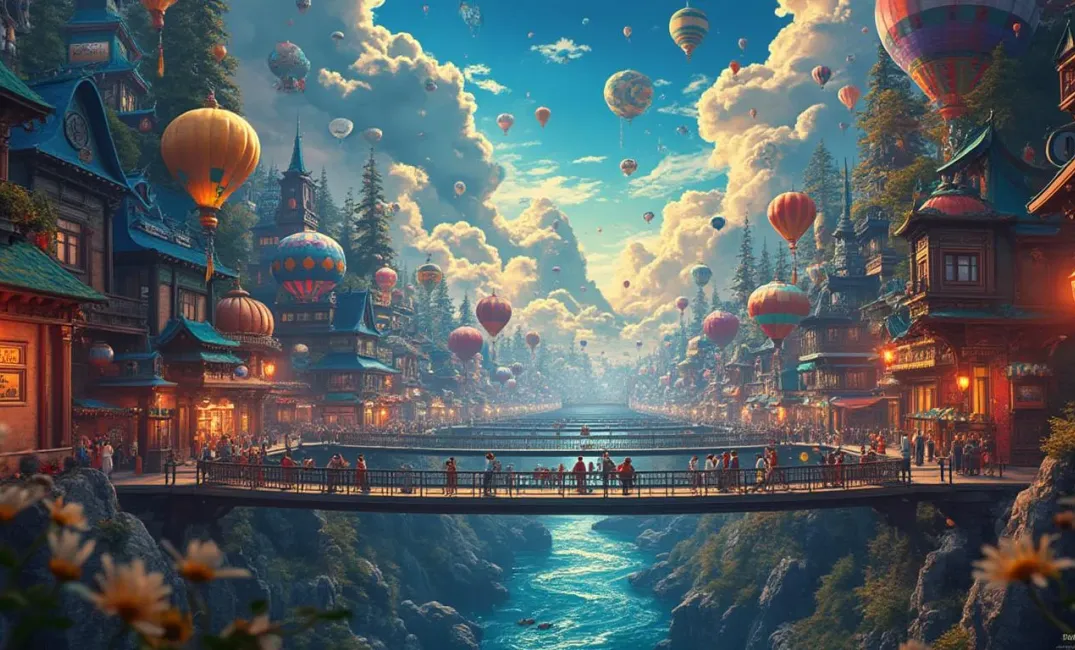Introduction: The Echoes of Memory
"Memory is the treasure house of the mind wherein the monuments thereof are kept and preserved." — Thomas Fuller
Memory anchors the human experience, serving as a recorder of stories and events, both monumental and minute. It forms the collective consciousness of humanity, acting as an archive of hope and wisdom that connects the past, present, and future. This exploration delves into the intricate nature of memory, its impact on civilization, and its role as a cornerstone in human progress.
The Nature of Memory: Foundations and Functions
Cognitive Structures and Mechanisms
- The Science of Recall: Memory is an intricate network composed of neurons and neurotransmitters, including short-term, long-term, procedural, and declarative types, each with distinct roles in processing information.
- Neuroplasticity: The brain’s adaptability through neuroplasticity allows memories to form and reorganize, showcasing human resilience in responding to change.
Emotional and Social Dimensions
- Emotional Encoding: Emotion significantly influences memory formation, with emotionally charged events often more memorable, adding complexity to human perception.
- Collective Memory and Identity: Shared memories forge collective identities, preserving cultural narratives and historical experiences vital to community cohesion.
Memory Across Time: Preservation and Transition
Oral Traditions and Written Records
- The Oral Tradition: Before written language, oral traditions preserved culture through storytelling, songs, and rituals, ensuring survival across generations.
- The Advent of Writing: Writing revolutionized memory preservation, transitioning from oral narratives to durable written records capturing laws, literature, and history.
Digital Memories and New Horizons
- Digital Archives: The digital transformation has redefined information storage and retrieval, shaping modern knowledge dissemination landscapes.
- Challenges of Digital Memory: While offering vast potential, digital memory faces challenges like data obsolescence and privacy issues, necessitating careful management.
The Role of Memory in Society: Impacts and Implications
Personal and Cultural Significance
- Identity and Continuity: Memory underpins individual and cultural identity, weaving narratives that anchor traditions and innovations over time.
- Creativity and Innovation: Building on past knowledge, memory fuels creativity and innovation, forming the basis for scientific and artistic advancements.
Memory in Healing and Resilience
- Understanding Trauma: The study of trauma informs healing processes, highlighting strategies to overcome adverse experiences for individuals and communities.
- Remembrance and Reconciliation: Collective memory fosters reconciliation, facilitating dialogue and understanding in societies confronting historical injustices.
Stories Preserved: Memory as Legacy
Monumental Histories
- World-Changing Events: Major events like wars and discoveries form deep-seated collective memories, shaping understanding and future paths.
- Anecdotes of Everyday Life: Ordinary life memories enhance the understanding of human diversity, offering insights into shared and unique experiences.
Diverse Mediums of Memory
- Art and Literature: These mediums capture generational emotions and aspirations, reflecting societal complexities through visual and written forms.
- Music and Performance: Performative arts sustain cultural memory, preserving songs and dances as embodiments of social histories.
The Future of Memory: Continuity Amid Change
Emerging Technologies and Memory
- Augmented and Virtual Realities: Technologies like AR and VR create immersive memory experiences, transforming how past events are relived and shared.
- Artificial Intelligence and Memory Enhancement: AI advancements promise memory augmentation and rehabilitation, posing ethical considerations about privacy.
Preserving Humanity’s Collective Memory
- Sustainable Archiving Practices: Efforts to digitize and preserve artifacts are crucial for maintaining collective memory for future generations.
- Global Cooperation and Shared Knowledge: International collaboration aids in safeguarding and celebrating diverse cultural heritages.
Conclusion: An Eternal Symphony
"Memory is the mother of all wisdom." — Aeschylus
The symphony of memory, sustained over centuries, is both personal and collective, enriching lives and fueling growth and innovation. Memory stands as a timeless thread uniting lives and cultures, offering reflection and guidance as humanity navigates an ever-changing world. As frontiers expand, may the echoes of hope and wisdom resonate, charting the unknown with legacy and insight.
DIGITAL ARCHIVES, SOCIETAL IMPACT, COLLECTIVE MEMORY, MEMORY, HUMAN EXPERIENCE, HISTORICAL PRESERVATION, CULTURAL IDENTITY, HEALING, RESILIENCE, INNOVATION

